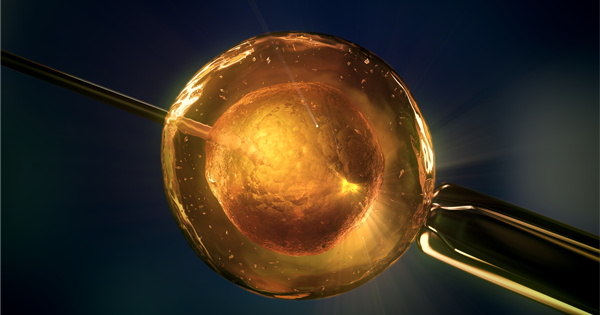Advertisement
A woman becoming pregnant later on in life has always been a bit risky.
But now, the University of Adelaide’s Robinson Research Institute has found a way to make “bad” eggs “good” again.
This research would help older women have children later on in life, by repairing their “bad” eggs.
The research was started in 2012 as a way to try and understand the difference between what makes a good egg and what makes a bad egg.
They found that in good eggs, there was lots of hemoglobin, which is what makes red blood cells red. They’re not sure why hemoglobin is so present in these good eggs, but it was definitely missing from the bad ones.
“When we looked at those bad eggs—we knew that there was lots of things, there are lots of ways that your eggs can get bad or broken and we thought, well perhaps [hemoglobin was] playing osme important role that’s missing in bad eggs,” said Dr. Hannah Brown, head researcher of the study.
So what they did was add hemoglobin back into these bad eggs, and it made them function much more efficiently. Since then, they’ve been able to take a broken egg and fix it with hemoglobin.
“By no means am I suggesting this is a one-off cure for everything,” said Dr. Brown, “but it certainly offers an opportunity where one may not currently exist.
Professor Michael Chapman, the president of the Fertility Society of Australia, said that the research was good news, but since the research is in animals, he advises not to get too excited about it yet.
“One of the biggest problems we have in our IVF clinics today is the increasing number of women in their forties seeking our help. The problem is that the biological clock has produced many, many bad eggs. And if there’s anything that would improve the quality of those eggs, it would be fantastic.”




